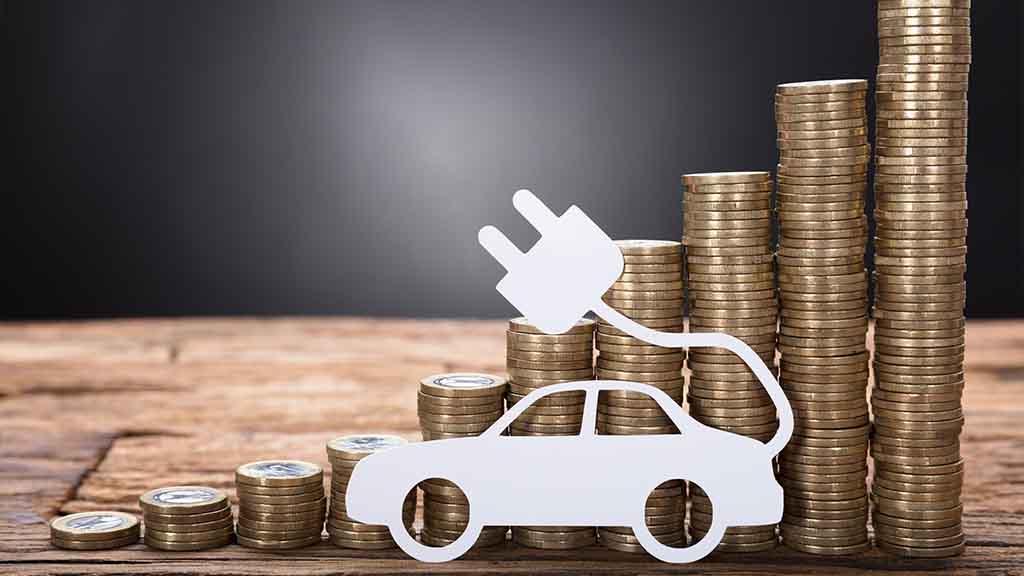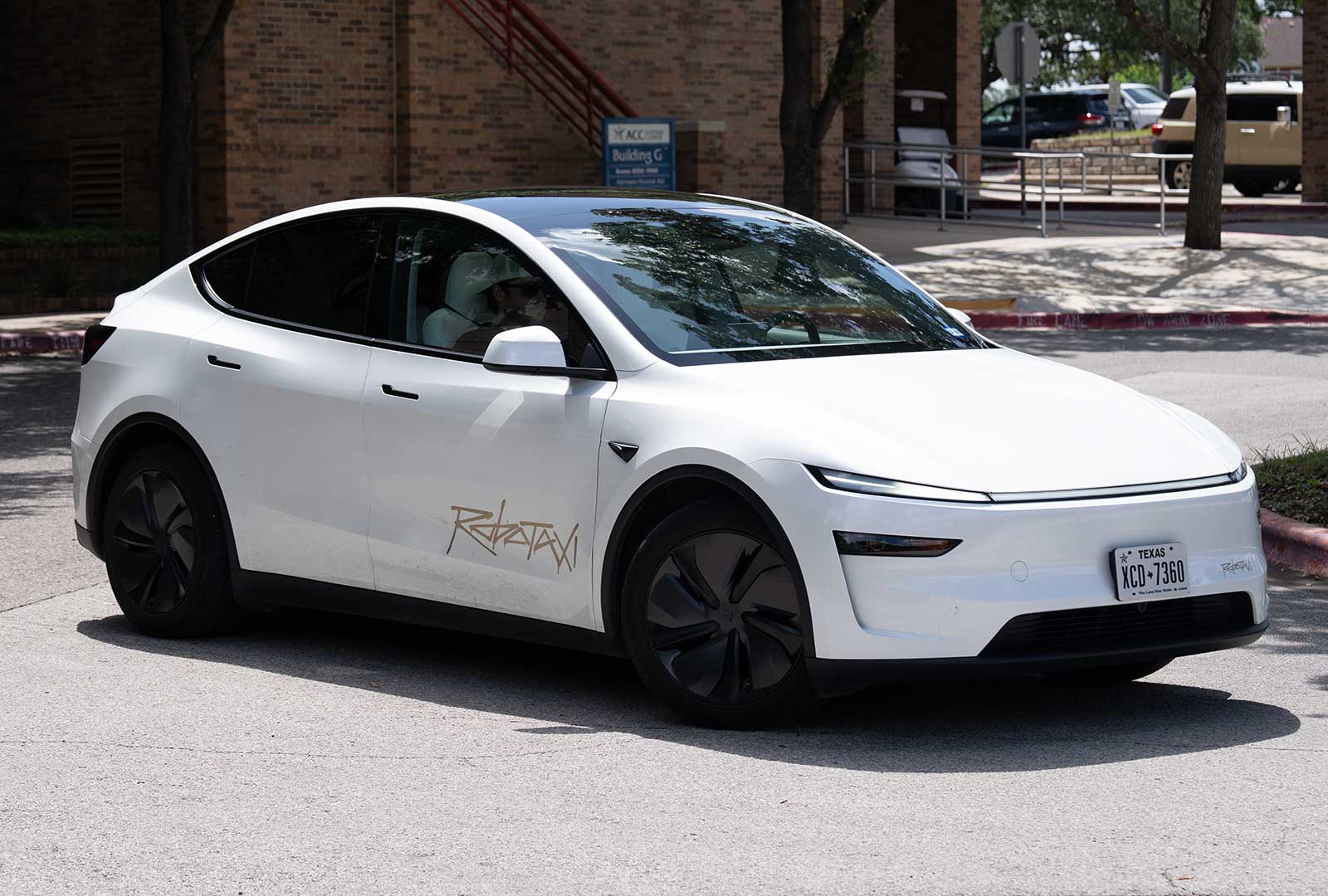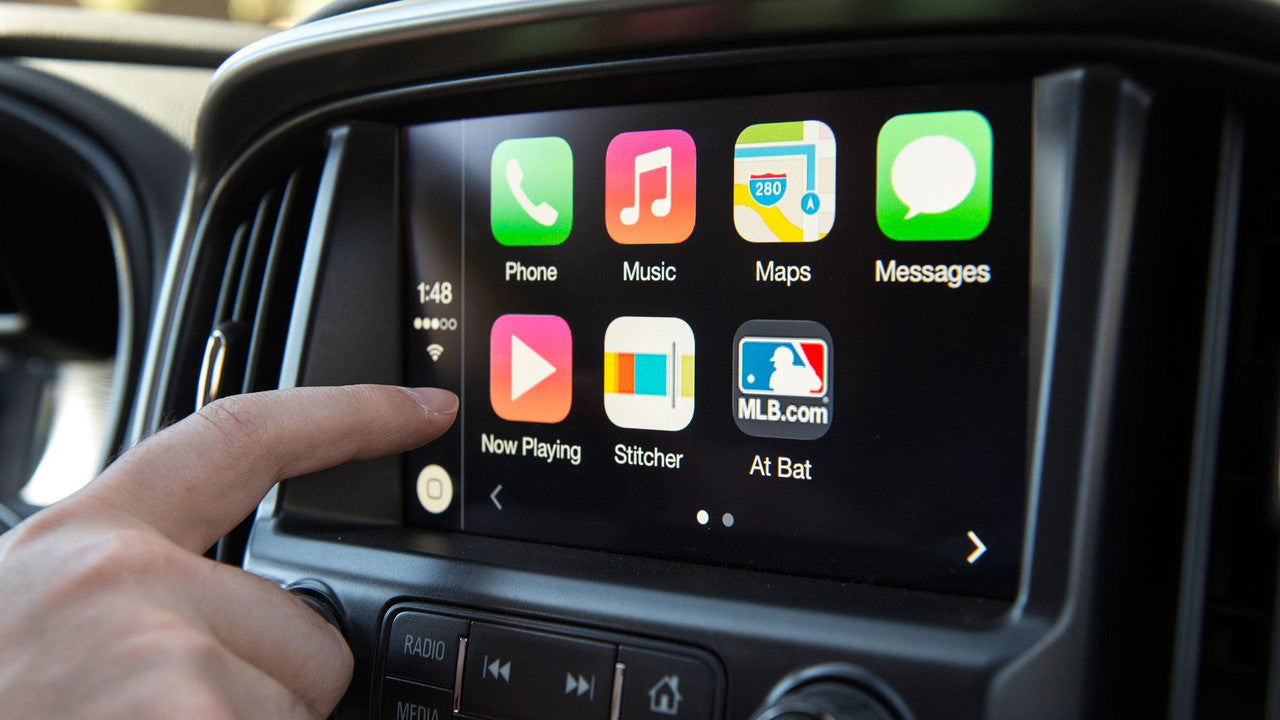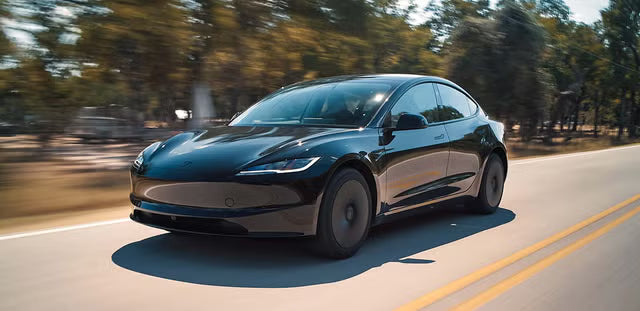Alors que les législateurs débattent de nouvelles stratégies pour financer les infrastructures de transport vieillissantes des États-Unis, une proposition controversée est au cœur des discussions : une taxe fédérale annuelle de 250 $ pour les propriétaires de véhicules électriques (VE) , plus 100 $ pour les véhicules hybrides. Soutenue par l’administration Trump, cette taxe est présentée comme une solution pour financer la réparation des routes et un mécanisme permettant de compenser le coût des nouvelles réductions d’impôts . Mais les critiques mettent en garde contre une mesure juridiquement inédite et économiquement régressive, qui pourrait faire reculer le temps de plus de deux siècles.
Un impôt moderne fondé sur une logique dépassée
Selon une chronique du Washington Post publiée plus tôt cette semaine, il n'existe aucune taxe à la consommation comparable dans l'histoire des États-Unis. Aucun autre produit, des appareils électroménagers aux appareils électroniques, n'est taxé rétroactivement pour les simples années de possession après l'achat, quelle que soit son utilisation. Pourtant, la taxe proposée sur les véhicules électriques s'applique à tous les véhicules électriques en circulation, y compris ceux achetés il y a des années et peu utilisés.
C'est ce qui rend cette mesure si inhabituelle. Les automobilistes paient des taxes à la pompe proportionnellement à la consommation de carburant. Or, la taxe sur les véhicules électriques n'est liée ni à l'utilisation, ni aux émissions, ni à la valeur du véhicule : il s'agit simplement d'un forfait de propriété, appliqué annuellement. En ce sens, cette mesure rappelle une relique du XVIIIe siècle : la taxe sur les voitures de George Washington , autrefois imposée sur les calèches, considérées comme des symboles de richesse.
Mais les véhicules électriques d'aujourd'hui ne sont plus des véhicules de luxe atypiques. Les prix baissent, les véhicules électriques d'occasion sont largement disponibles et les options de leasing les rendent plus accessibles que jamais. Les considérer comme des symboles de statut social est non seulement malavisé, mais aussi historiquement inadapté .
Un coup régressif pour les familles qui travaillent
Les analystes s'accordent à dire que les conducteurs de véhicules électriques devraient contribuer au financement des routes qu'ils empruntent. Mais un forfait de 250 $ est disproportionné , surtout si on le compare à la moyenne des conducteurs à essence, qui paient environ 100 $ par an en taxes fédérales sur l'essence, selon le kilométrage et l'efficacité du véhicule.
Ce déséquilibre s'accentue lorsqu'il est combiné aux taxes sur les véhicules électriques déjà appliquées par les États . Dans le New Jersey, où les propriétaires de véhicules électriques paient déjà 250 $ par an, la surtaxe fédérale doublerait le coût, le portant à 500 $ . La Californie ajoute 100 $ supplémentaires, et les conducteurs géorgiens paient 211 $ pour les véhicules rechargeables non commerciaux.
Chris Harto, analyste politique senior chez Consumer Reports , a qualifié la proposition de « taxe punitive destinée à confisquer les économies de carburant des familles qui tentent de faire des choix financiers judicieux ». Il n'est pas le seul à partager cet avis. Ses détracteurs affirment que cette taxe décourage l'adoption des véhicules électriques à un moment où les États-Unis devraient accélérer leur transition vers des transports plus propres.
Le véritable problème budgétaire est ailleurs
Même si la taxe fédérale sur les véhicules électriques est mise en œuvre, elle ne résoudra pas la crise sous-jacente : le Fonds fiduciaire pour les autoroutes est à sec, car la taxe fédérale sur l'essence (18,4 cents par gallon) n'a pas augmenté depuis 1993. En réalité, l'inflation a amputé sa valeur. Plutôt que de moderniser la taxe sur l'essence ou de mettre en place un modèle de tarification routière plus équitable basé sur l'usage, cette proposition fait peser la charge sur une catégorie croissante de conducteurs soucieux de l'environnement.
Certains législateurs redoublent d'efforts. Le sénateur Bernie Moreno a proposé de porter la taxe sur les véhicules électriques à 500 dollars et celle sur les véhicules hybrides à 250 dollars . Cette proposition intervient alors même que le projet de loi vise également à supprimer les crédits d'impôt fédéraux pour les véhicules électriques , à affaiblir les normes d'émission des États, comme celles de Californie, et à réduire les incitations à la production liées aux énergies propres.
Une taxe qui envoie un mauvais signal
À l'heure des préoccupations climatiques croissantes et des vagues de chaleur record, pénaliser la possession de véhicules électriques envoie un message erroné. Les véhicules électriques contribuent à réduire la pollution atmosphérique locale, les coûts du carburant et les émissions de gaz à effet de serre. Pourtant, cette proposition les traite comme des excès de luxe , coupés du bien public qu'ils représentent de plus en plus.
Si le Congrès souhaite véritablement une solution équitable, il devrait envisager des taxes routières basées sur l'usage , et non des frais généraux qui pénalisent même le plus modeste propriétaire de véhicule électrique. Après tout, une taxe ancrée dans l'héritage des calèches du XVIIIe siècle ne constitue pas un modèle pour l'avenir des transports américains au XXIe siècle.
Voir plus de blogs et d'actualités à propos de la taxe EV sur le site officiel d'EVDANCE.








Partager:
Meilleures offres de location et de financement de véhicules électriques en juin 2025
La taxe fédérale proposée sur les véhicules électriques pénaliserait l'efficacité, et plus particulièrement les personnes âgées.